Currently, there are about 93 million hepatitis B virus (HBV) carriers in my country, of which women account for 41.6% to 47.6%.
Mother-to-child transmission is the main route of HBV transmission. If no effective intervention measures are taken, about 40% of babies born to hepatitis B mothers may be infected with HBV.
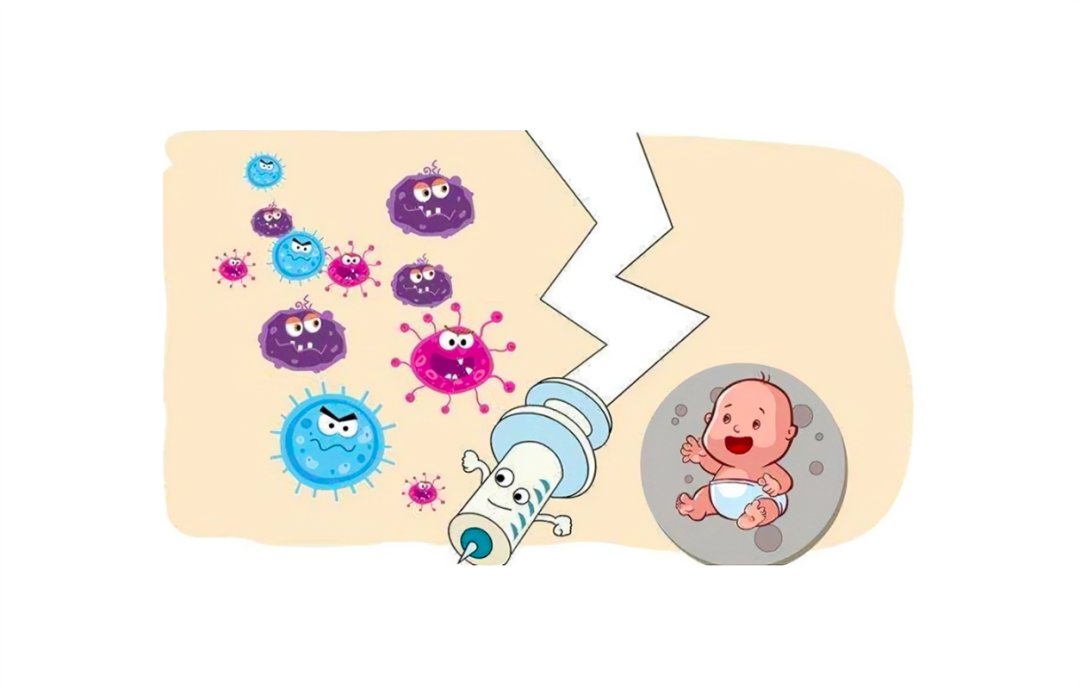
Can mothers with hepatitis B have healthy babies? The answer is of course! Scientific and effective blocking measures are adopted, and the success rate of blocking can reach more than 95%.
How to block?
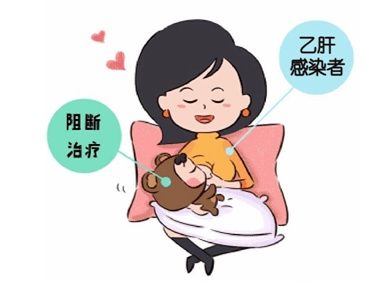
Interrupt the transmission of hepatitis B between mother and baby, before, during and after pregnancy Three stages.
Pre-pregnancy
Check your HBV infection status and liver function before trying to conceive:
If the hepatitis B virus DNA is positive and the liver function is normal, a specialist should advise whether antiviral treatment should be given;
If the hepatitis B virus DNA test result is positive, and abnormal liver function, antiviral treatment is required until the liver function is normal before preparing to have a baby.
pregnant
Relevant examinations and treatments have been done before pregnancy:< /span>
regular review and follow-up as ordered by the doctor to monitor the changes in the condition for timely treatment.
No relevant tests before pregnancy:
If If abnormal liver function is found during pregnancy and HBV DNA is positive, please go to a specialist and actively cooperate with the treatment according to the doctor’s advice.
Postpartum
letnewborn born at 12 Complete hepatitis B vaccine and hepatitis B immune globulin as early as possible within hours.
vaccinated at 1 month old and 6 month old 2nd and 3rd shot of hepatitis B vaccine.
PS: This is the most important step in the mother-to-child blockade of hepatitis B, and the vaccine is free!
Do a good job in life protection, do not let the baby’s eyes, mouth, nose or broken wounds come into contact with the hepatitis B mother’s blood, saliva, etc., routine daily contact will not transmit hepatitis B virus.
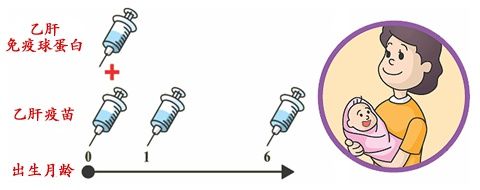
About breastfeeding
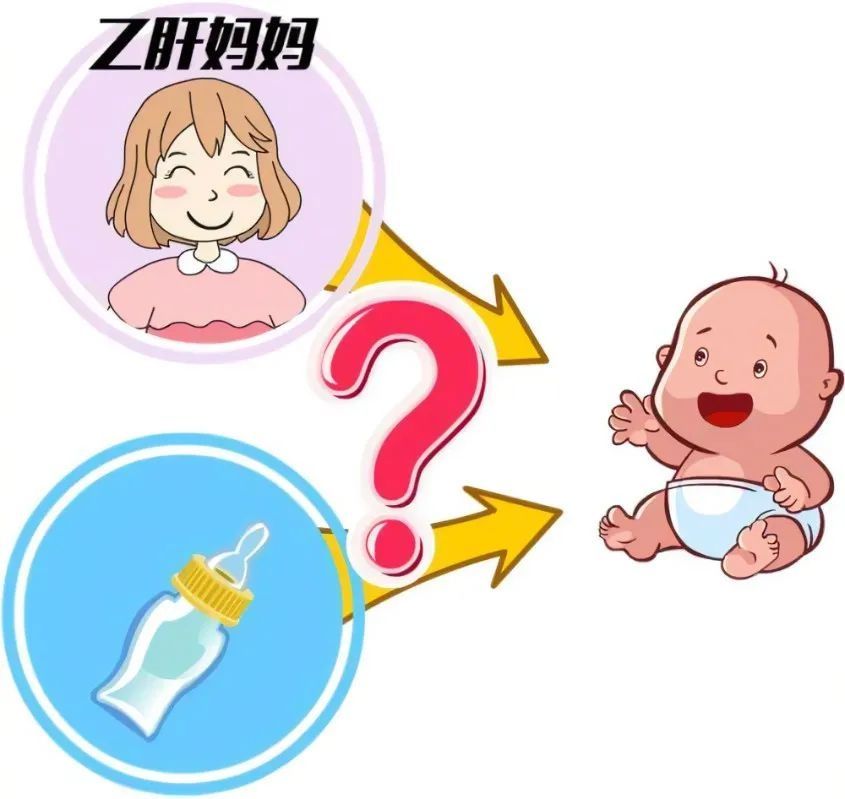
Breastfeeding does not increase the risk of HBV infection in babies, meaning that mothers with hepatitis B can breastfeed after giving birth.
span>
Mothers who are not taking antiviral drugs can breastfeed after standardized combined immunization ;
Taking antiviral drugs for the purpose of blocking mother-to-child transmission of HBV of pregnant women, discontinue the drug after delivery, and breastfeed after the infant receives a combination immunization;
Pregnant women who take antiviral drugs for the purpose of treating hepatitis B should continue to take antiviral drugs after childbirth. Breastfeeding is acceptable.
How to judge whether the mother-to-child interruption is successful?
Time:
7-8 months postpartum< span>, which is 1-2 months after the baby has completed the complete hepatitis B vaccine and hepatitis B immune globulin.
Judgment method:
hepatitis B virus surface antigen and surface antibody detection to Check if your baby has hepatitis B virus.
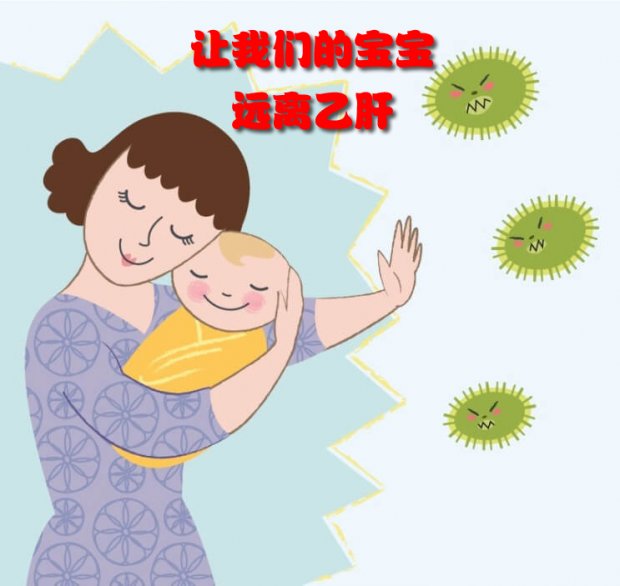
**Tips:
Early screening, early diagnosis, and early intervention are essential for reducing the infection rate of HBV in neonates.
If you need hepatitis B mother-to-child blockade, please go to a regular hospital in time for treatment and cooperate throughout the process, do not blindly listen to non-professionals Opinion.
Source: Guangdong Maternal and Child Health Hospital
Intern Editor: Fan Ruihong
Editor: Chen Jia
Editor: Chen Guangtai